Research
Broadly, the SIN group is interested in the prefrontal cortex (PFC), particularly mechanisms in the lateral, granular PFC, which are relatively unique to primates, including humans. These mechanisms are typically associated with abstract thinking, action control, and attention. However, we believe they also play important roles in perception (broadly defined) and in metacognition—that is, the monitoring of ongoing cognitive and perceptual processes. The SIN group is especially focused on developing methods to manipulate these mechanisms in order to assess their causal roles in cognitive functions.
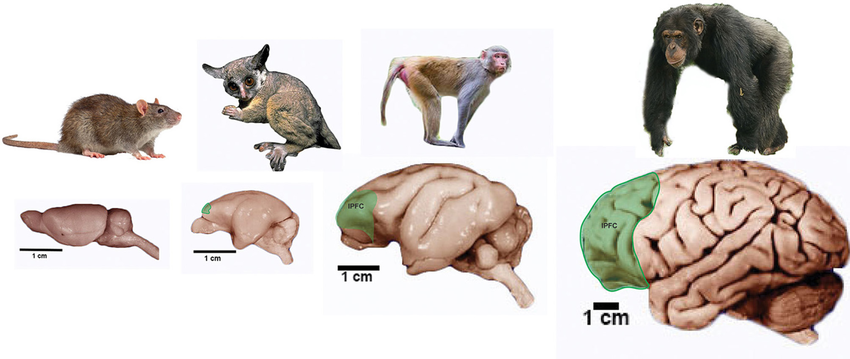
PFC across species
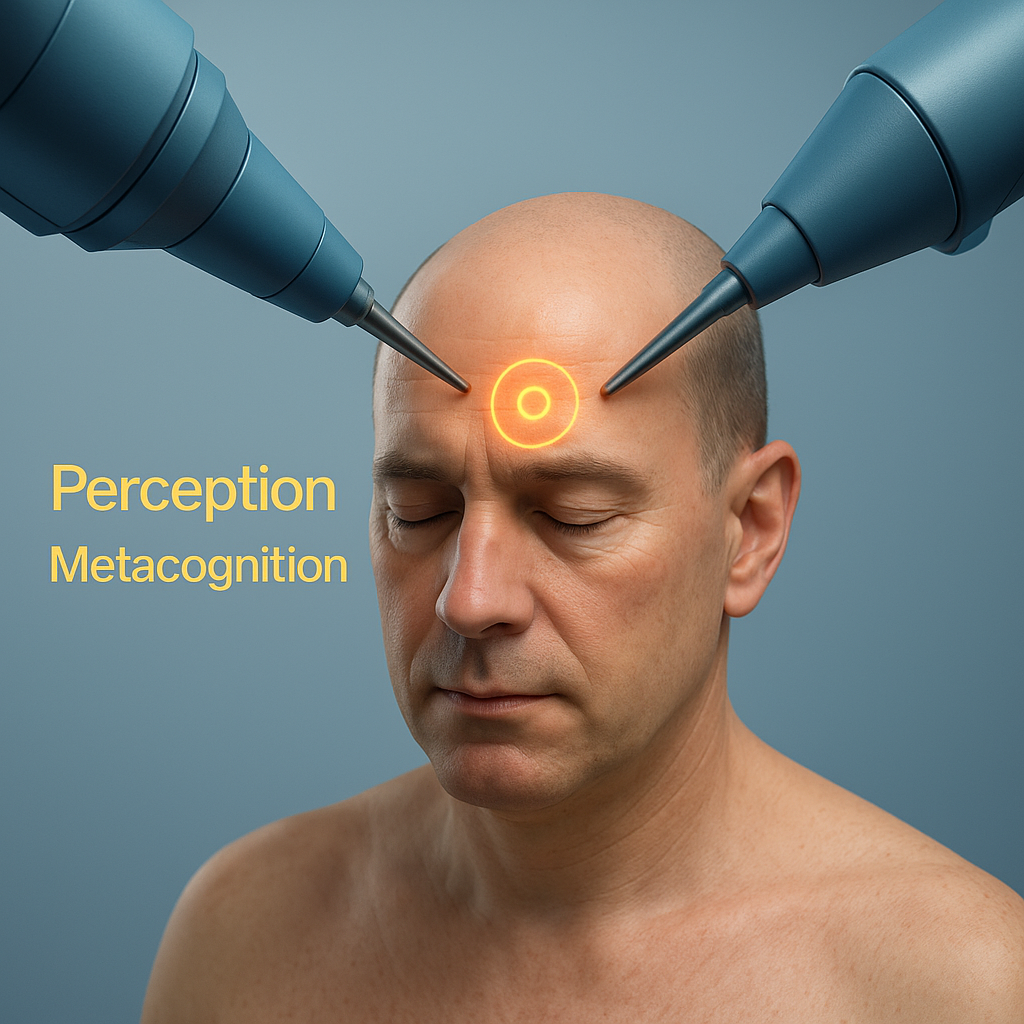
Causal mechanisms of PFC
One method we are currently developing is called hemodynamic pattern reinforcement, in which we treat fMRI not merely as a tool for reading brain activity, but also as a means of manipulating it. This is made possible through closed-loop (i.e., real-time) imaging methods, where the occurrence of specific activity patterns is paired with reward or other stimuli. For example, we can pair the neural representation of a phobic target (e.g., spiders) with reward, thereby reducing its threat value and lowering excessive physiological arousal when the subject later views images of that target. We are currently working to make this method more robust and effective.
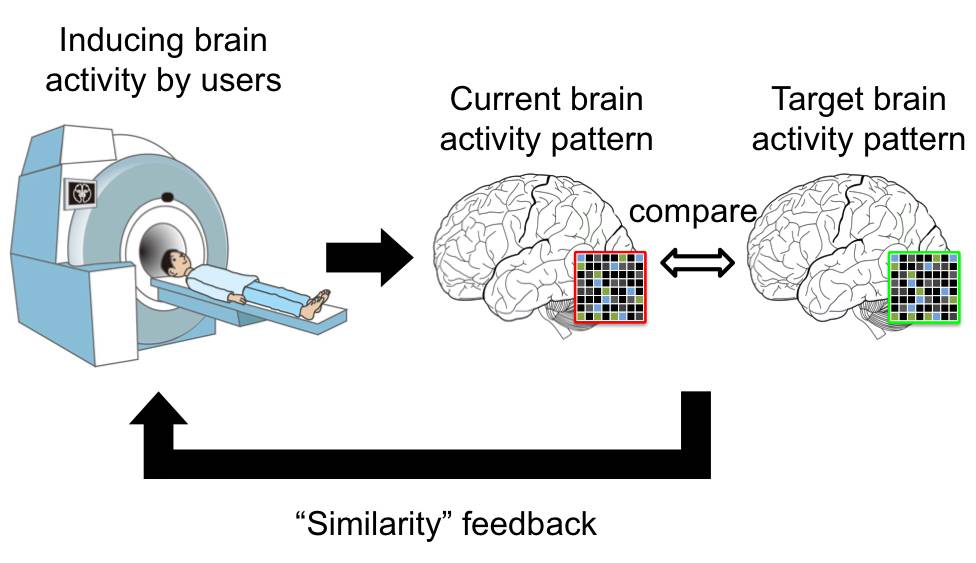
Hemodynamic Pattern Reinforcement
To advance this line of research, we also conduct parallel studies in animal models, where we can simultaneously observe hemodynamic activity and electrophysiological signals using optical (calcium) imaging. These studies also allow us to apply optogenetic stimulation to specific brain regions. This work leverages both our human MRI facilities (7T) and our rodent MRI platforms (9.4T and 15.2T).
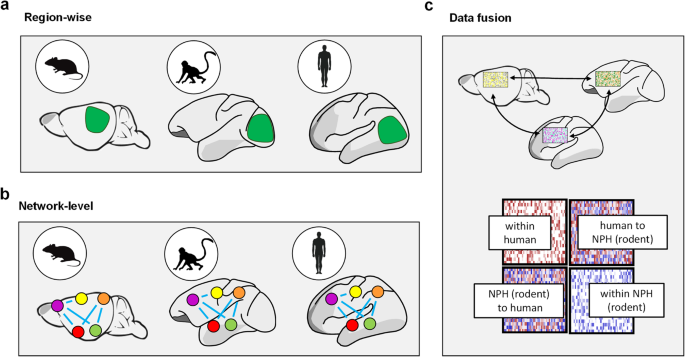
Cross-Species Data Fusion
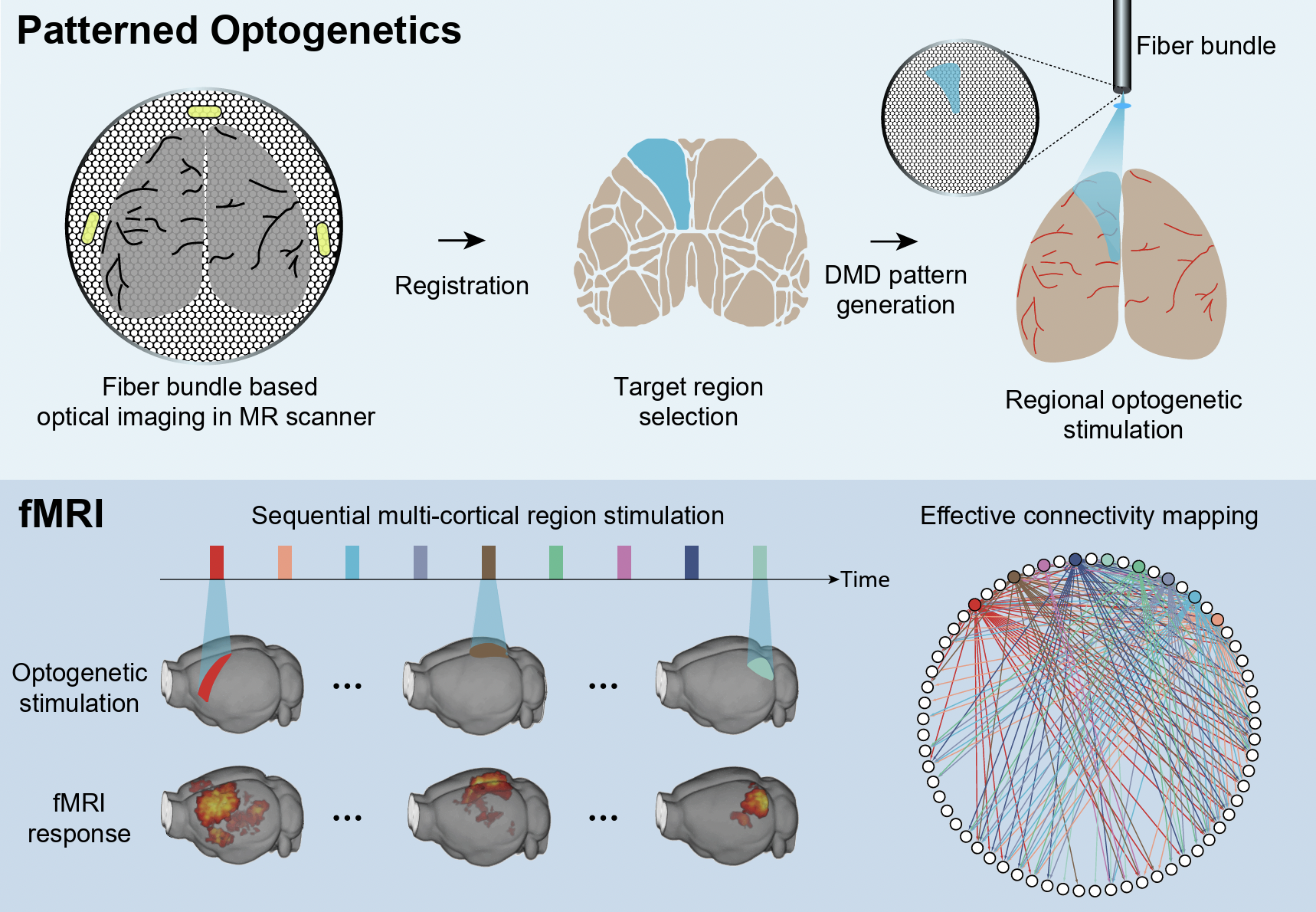
fMRI + Optogenetics
In addition, Hakwan Lau has long maintained an interest in theories and models of perceptual metacognition. More recently, our group has begun collaborating with AI researchers to explore how their theoretical models might plausibly apply to the human brain.
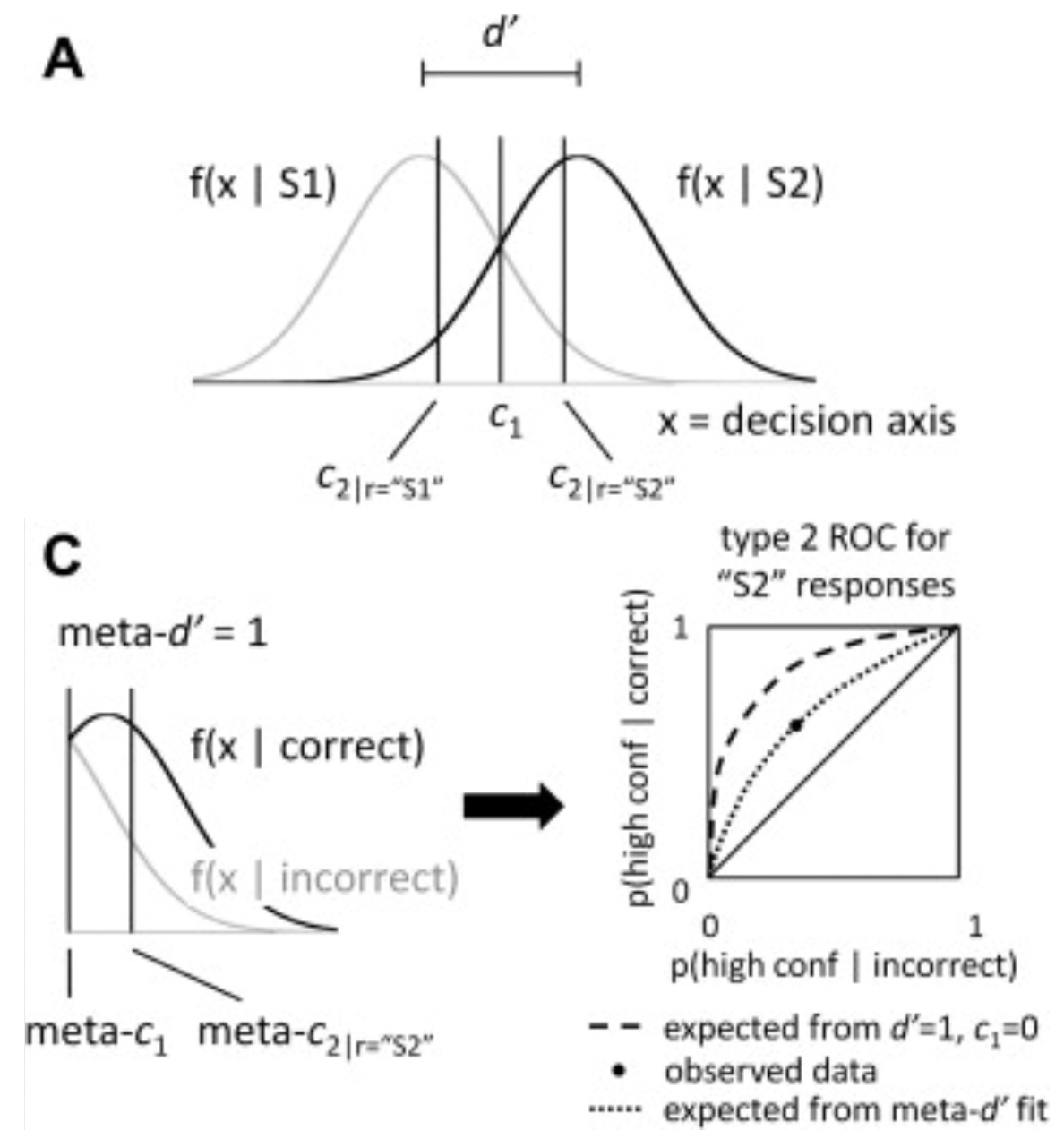
Perceptual Metacognition
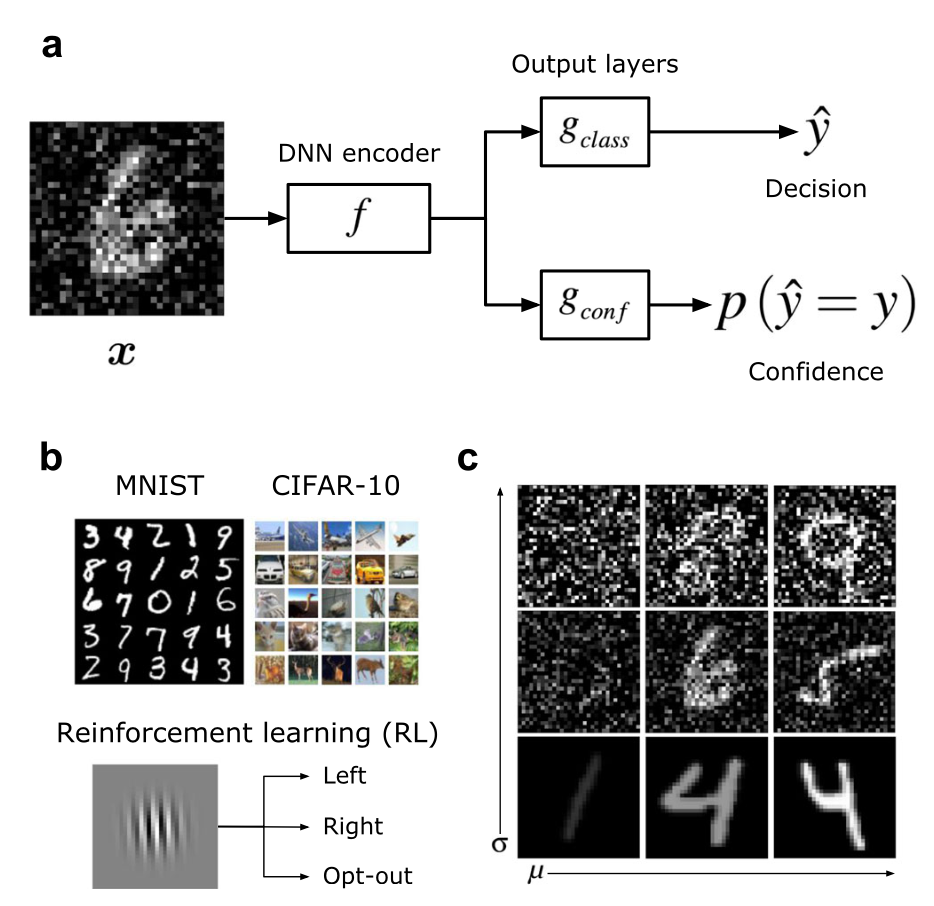
Confidence Estimation with Deep Learning
To learn more about our publications, please visit Hakwan Lau’s Google Scholar page .